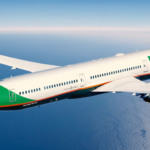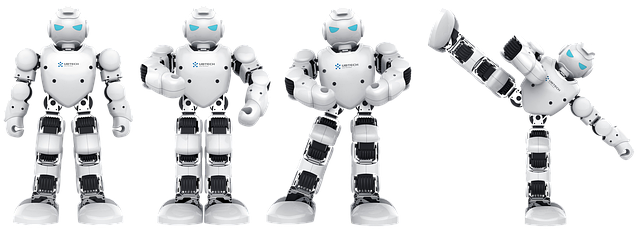The service robots sector is expected to increase at a compound annual growth rate (CAGR) of 21.5% to $216 billion by 2030, owing to investments in consumer-facing industries such as travel and tourism. According to GlobalData, a data and analytics organization, the global robot business will expand from $70 billion in 2022 to $568 billion in 2030.
Consumer robots, logistics robots, drones, and inspection, cleaning, and maintenance robots will attract the greatest investment from firms across the travel and tourism value chain, according to GlobalData’s newest research “Robotics in Travel and Tourism.”
Sarah Coop, Analyst at GlobalData, comments: “Robotics in travel and tourism was considered as a gimmick in the past, used as early as 2015 for guest experiences without improving efficiency for staff. But, as the technology improved, investment has started increasing, resulting in robots for room service deliveries, cleaning services using UV light, inspection services using drones, translation services, and customer service to improve operational efficiency.”
Consumer and logistics robots are expected to increase at CAGRs of 29% and 21%, respectively, between 2020 and 2030, as robotic intelligence and cloud robotics advance, and coordinated cleaning fleets and language translation check-in helpers become more ubiquitous and beneficial.
Coop added: “The COVID-19 pandemic has made hygiene a priority for travelers. Robots can ensure that high-risk areas are kept constantly clean, freeing up staff time, at a time when the hospitality industry is experiencing global staff shortages. In cheaper hotels, robots can provide operational efficiency and improve margins, keeping room prices low. In luxury hotels, robots can provide a unique guest experience.”
Some hotels have begun to invest in cloud robots. Huazhu Hotels Group and BTG Homeinns Hotels Group, who represent 7.04% and 5.49% of the worldwide market share, respectively (as defined by the number of properties in GlobalData’s database), have invested in Shenzhen ExcelLand Technology, a supplier of robotics mobile platforms.
Coop continues: “Robotics is increasingly becoming a strategic priority for travel and tourism companies and company filings show an increase in mentions of robotics year on year.”
Thomas Cook India, for example, is employing robots and AI to automate various manual operations, which it claims has “improved production while cutting expenditures.”
In China, the Huazhu Group has deployed AI-powered smart robots that, according to the company, can roam the entire hotel to make deliveries of snacks, and amenities [as well as] greet visitors and take them to their rooms.
Coop concludes: “Robotic intelligence and cloud robotics are the future and will drive investment in robotics from big market players. Robots will be able to collaborate and access huge amounts of data, creating intelligent fleets of robots performing collectively. Advances in AI will also improve robotic intelligence, such as improving translation capabilities and facial recognition.”


















More Stories
Environmental Benefits of Electric Aircrafts
How AI is Being Used in Travel Industry
Key Highlights of European International Electric Passenger Flight Trial